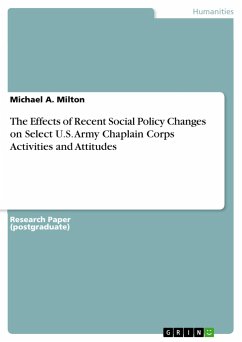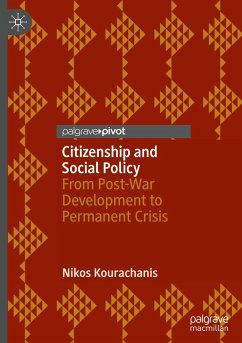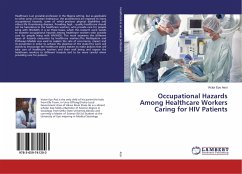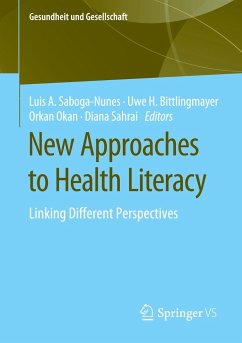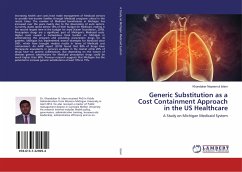
Generic Substitution as a Cost Containment Approach in the US Healthcare
A Study on Michigan Medicaid System
Versandkostenfrei!
Versandfertig in 6-10 Tagen
30,99 €
inkl. MwSt.

PAYBACK Punkte
15 °P sammeln!
Increasing health care costs have made management of Medicaid services to provide low-income families through Medicaid programs critical in the recent times. The number of Medicaid beneficiaries in Michigan has increased over the years mainly due to the downsizing of auto sectors. Currently, states spend almost 16% of their budget for Medicaid, making it the second largest item in the budget for most (Kaiser Foundation, 2010). Prescription drugs are a significant part of Michigan's Medicaid costs. Higher costs caused a tremendous fiscal burden on Michigan in administering the program and provi...
Increasing health care costs have made management of Medicaid services to provide low-income families through Medicaid programs critical in the recent times. The number of Medicaid beneficiaries in Michigan has increased over the years mainly due to the downsizing of auto sectors. Currently, states spend almost 16% of their budget for Medicaid, making it the second largest item in the budget for most (Kaiser Foundation, 2010). Prescription drugs are a significant part of Michigan's Medicaid costs. Higher costs caused a tremendous fiscal burden on Michigan in administering the program and providing prescription drugs for its patients. Michigan has implemented several strategies for Medicaid since 2001, which have brought modest results in terms of Medicaid cost containment. An AARP report (2010) found that 80% of drugs have therapeutic equivalents or generics available in the market while 20% of drugs have no generic substitutions. But depending on the nature of diseases generic substitutions for Medicaid prescription drugs could be much higher than 80%. Previous research suggests that Michigan has the potential to increase generic substitutions at least 10% to 15%.





